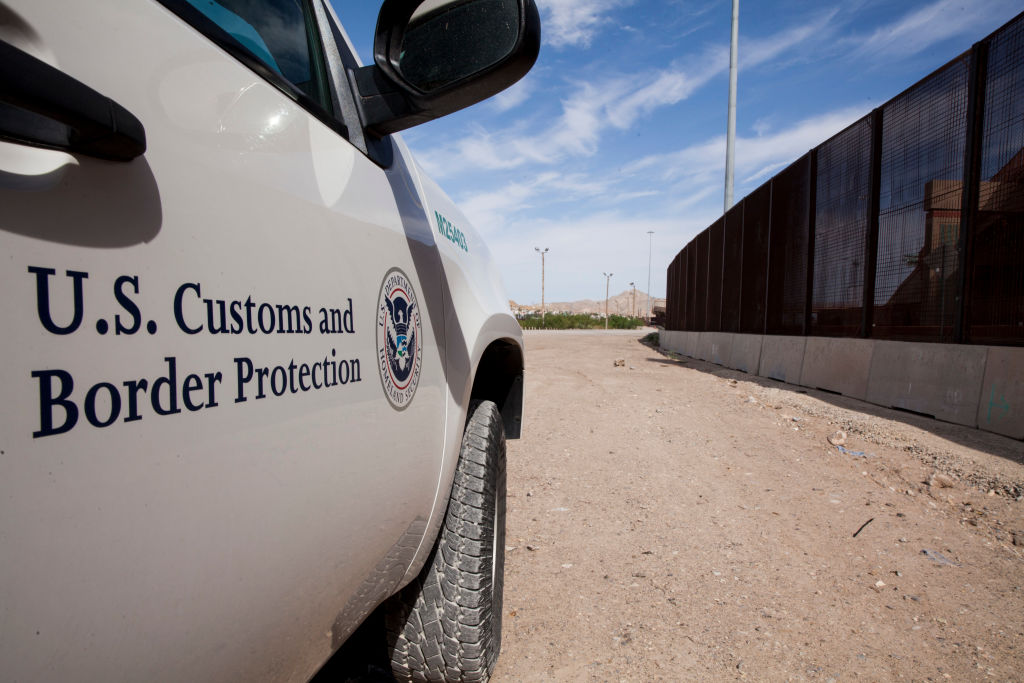
An additional 1,300 children might have been separated from their parents by the U.S. government before and during the Trump Administration’s Zero Tolerance Policy, but were not properly tracked due to “widespread errors” in the Department of Homeland Security’s (DHS) information technology and handling of records, the Office of the Inspector General (OIG) found.
Internal systems used to maintain each migrant’s case through immigration proceedings weren’t equipped to properly track the families they had separated, according to an audit by the OIG. The office identified an additional 1,369 children with potential family relationships that have not been accurately recorded by Customs and Border Protection (CBP), the agency that conducts apprehensions at the border. The findings include children who were separated before, during and after the implementation of family separation during Zero Tolerance, which lasted for about 6 weeks between May and June, 2018.
In one case, the office found a 3-year-old child was separated from their family and identified by the Department of Health and Human Services (HHS), but Border Patrol didn’t document enough information on the child to know when the child was separated. As a result, the child could not be included in a class-action lawsuit against the U.S. Government for families who were separated during and before Zero Tolerance.
DHS has previously reported that 3,014 children had been separated during the Zero Tolerance Policy, and that it has reunified 2,155, but OIG has concluded that it cannot verify or validate that number “without a reliable account of all family relationships.”
“We are concerned that if DHS did not properly record all family information in its IT systems, it may have underestimated and may not be able to determine accurately the number of family separations that occurred,” says the report.
The office found that DHS estimated it would separate more than 26,000 children between May and September 2018 through Zero Tolerance. DHS proceeded with family separation although an initial trial period in El Paso, Texas, in 2017 brought to light significant tracking errors in the agency’s internal systems. Those errors were not addressed when Zero Tolerance officially began. Some Border Patrol sectors resorted to Microsoft Excel sheets to try to manually document family separation cases.
The report also details how the use of family separation as a deterrence measure to end so-called “catch and release,” — a term used to describe when immigrants are released from detention and allowed to reside in the U.S. throughout their court proceedings — failed. The report says that Border Patrol spent $1.2 million in overtime pay for more than 28,000 hours worked in support of Zero Tolerance-related efforts, but continued to release thousands of immigrants from detention.
More Must-Reads from TIME
- Donald Trump Is TIME's 2024 Person of the Year
- Why We Chose Trump as Person of the Year
- Is Intermittent Fasting Good or Bad for You?
- The 100 Must-Read Books of 2024
- The 20 Best Christmas TV Episodes
- Column: If Optimism Feels Ridiculous Now, Try Hope
- The Future of Climate Action Is Trade Policy
- Merle Bombardieri Is Helping People Make the Baby Decision
Write to Jasmine Aguilera at jasmine.aguilera@time.com